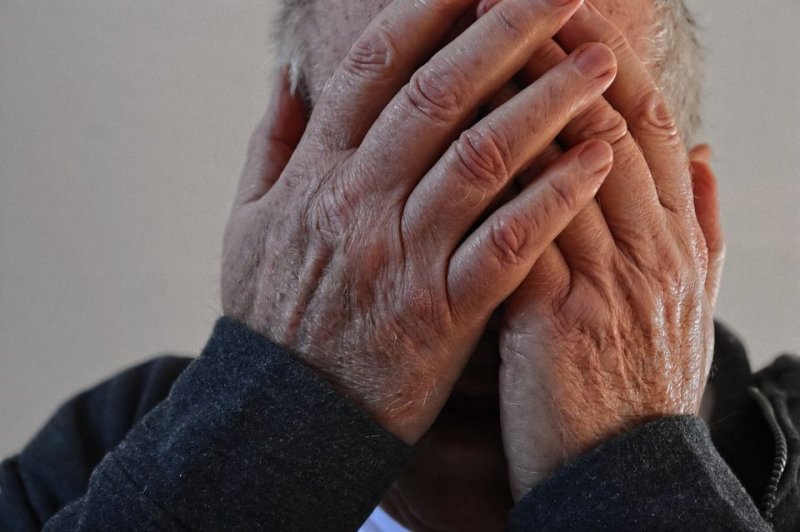Another instance of the mind-body connection is the possibility that those with depressive symptoms may have a higher risk of having a stroke and experience a worse recovery afterwards.
According to a recent worldwide study, 14% of people who did not have a stroke and 18% of those who did reported symptoms of depression. These findings were published online on Wednesday in the journal Neurology.
Researchers found that those who experienced depressive symptoms before to stroke had an overall 46% higher risk of stroke compared to those who did not. This risk was adjusted for other potential confounding variables.The study’s author, Dr. Robert Murphy of the University of Galway in Ireland, said that depression affects people all over the world and can have a variety of effects on different aspects of a person’s life.
“Our study gives a broad picture of depression and its relationship to risk of stroke by examining a range of characteristics, including participants’ symptoms, lifestyle decisions, and antidepressant use,” Murphy stated in a journal news release. “Our findings indicate that depressed symptoms were associated with an elevated risk of stroke, and that this risk was similar across different age groups and geographical regions.”
In the INTERSTROKE study, which covered 32 nations in Europe, Asia, North and South America, the Middle East, and Africa, the researchers used information from more than 26,000 adults.More than 13,000 of the participants had a stroke. They were matched with more than 13,000 people who had not had a stroke but were similar in their age, sex, racial or ethnic identity.
Information was collected about depression symptoms in the year prior to the study, including whether participants had felt sad, blue or depressed for two or more consecutive weeks in the previous 12 months.
Participants also answered questions at the beginning of the study about cardiovascular risk factors, including high blood pressure and diabetes.





